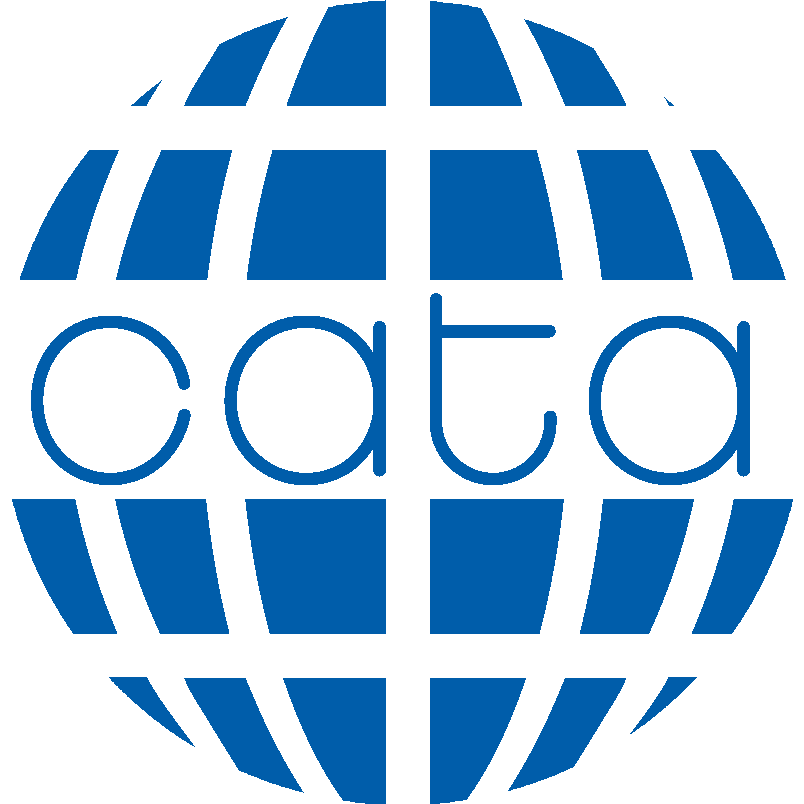Kenya's corporate tax policy favourably ranked in new OECD report
A global report on corporate taxation has identified Kenya as one of the leading countries currently fostering tax reforms for economic growth.
The report by the OECD dubbed Corporate Tax Statistics (second edition) singles out Kenya as one of the global jurisdictions with a generous accelerated depreciation corporate tax policy alongside Italy, Papua New Guinea and Cote D’Ivoire.
The 2019 report provides fresh insights into the global tax and economic activities of nearly 4,000 multinational enterprises (MNE) groups headquartered in 26 jurisdictions and operating across more than 100 jurisdictions worldwide.
Of the 74 jurisdictions covered in the 2019 analysis, 57 provide accelerated depreciation, meaning that investments in these jurisdictions are subject to Effective Average Tax Rate (EATRs) below their statutory tax rates.
“Among those jurisdictions, the average reduction of the statutory tax rate was 1.7 percentage points; in 2019, the largest reductions were observed in Italy (4.9 percentage points), Kenya (3.8 percentage points), Papua New Guinea (3.7 percentage points) and Cote d’Ivoire (3.4 percentage points),” the report confirms.
Speaking moment after perusing the report, Kenya Revenue Authority (KRA) Commissioner-General Githii Mburu acknowledged that Kenya had managed to make headway on the corporate tax front. Further engagements and reform work, he said is also underway as part of the national effort to tackle Base Erosion and Profit Sharing (BEPS).
“The Corporate Tax Statistics report provides a welcome dashboard on the global status and will allow us to enhance our ongoing benchmarking against global standards such as the BEPS Action plan,” Mburu said, adding that, “The Government through the National Treasury among other agencies have been providing much-needed support to ensure adherence to multilateral treaties and conventions required on this front.”
Kenya’s tax policy allowing for the expensing of intangible assets is also noted as an innovative development. In many jurisdictions, investments in intangibles are subject to very different effective tax rates (ETRs) due to significant variation in tax treatment across jurisdictions.
In particular, intangibles are non-depreciable in Botswana, Chile and Costa Rica, leading to strongly decelerated fiscal depreciation. Argentina, Australia, Brazil, South Africa, Montserrat and Spain provide moderately decelerated depreciation of intangibles. On the other hand, Papua New Guinea, Kenya and Denmark allow acquired intangible assets to be expensed immediately. At the same time, Italy provides enhanced deductions for the acquisition of highly digitalized intangible assets.
The data, released in the OECD’s annual Corporate Tax Statistics publication, is a major output based on the Country-by-Country Reporting requirements for MNEs under the OECD/G20 Base Erosion and Profit Shifting (BEPS) Project.
The BEPS Project has seen more than 135 jurisdictions collaborating to tackle tax avoidance strategies by MNEs that exploit gaps and mismatches in international tax rules to avoid paying tax. Under Country-by-Country Reporting, large MNEs are required to disclose important information about their profits, tangible assets, employees as well as where they pay their taxes, in every country in which they operate. Country-by-Country reports (CbCRs) provide tax authorities with the information needed to analyse MNE behaviour for risk assessment purposes, and with the release of today’s anonymised and aggregated statistics will support the improved measurement and monitoring of BEPS.
The anonymised and aggregated CbCR statistics have been provided to the OECD by member jurisdictions of the Inclusive Framework on BEPS. This new dataset contains a vast array of aggregated data on the global tax and economic activities of MNEs, including profit before income tax, income tax paid (on a cash basis), current year income tax accrued, unrelated and related party revenues, number of employees, tangible assets and the main business activity (or activities) of MNEs.
the new statistics suggest a number of preliminary insights:
1. There is a misalignment between the location where profits are reported and the location where economic activities occur, with MNEs in investment hubs reporting a relatively high share of profits compared to their share of employees and tangible assets.
2. Revenues per employee tend to be higher where statutory CIT rates are zero and in investment hubs.
3. On average, the share of related party revenues in total revenues is higher for MNEs in investment hubs.
4. The composition of business activity differs across jurisdiction groups, with the predominant business activity in investment hubs being “holding shares and other equity instruments”.
The new OECD analysis also shows that corporate income tax remains a significant source of tax revenues for governments across the globe, accounting for 14.6% of total tax revenues on average across the 93 jurisdictions in 2017, compared to 12.1% in 2000. Corporate taxation is even more important in developing countries, comprising on average 18.6% of all tax revenues in Africa and 15.5% in Latin America and the Caribbean, compared to 9.3% in the OECD.
This second edition of Corporate Tax Statistics also collects for the first time, information on controlled foreign company (CFC) rules, which are designed to ensure the taxation of certain categories of MNE income in the jurisdiction of the parent company in order to counter certain offshore structures that result in no or indefinite deferral of taxation (BEPS Action 3); as well as new data on interest limitation rules, which can assist in understanding progress related to the implementation of BEPS Action 4.
The publication and data are accessible at: https//oe.cd/corporate-tax-stats
For more information, please contact the International Relations & Diplomacy Office via email: ird@kra.go.ke or call +254 20 281 5120
International Relations & Diplomacy,
Kenya Revenue Authority
